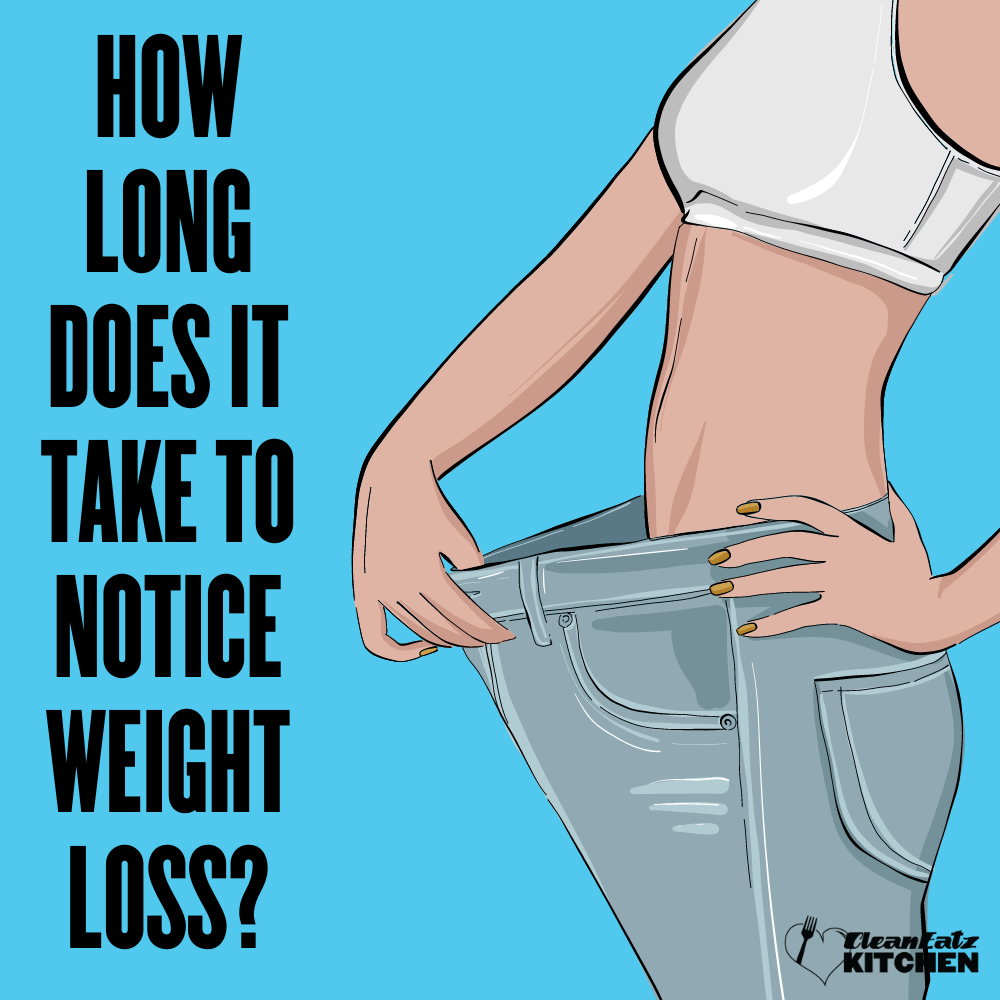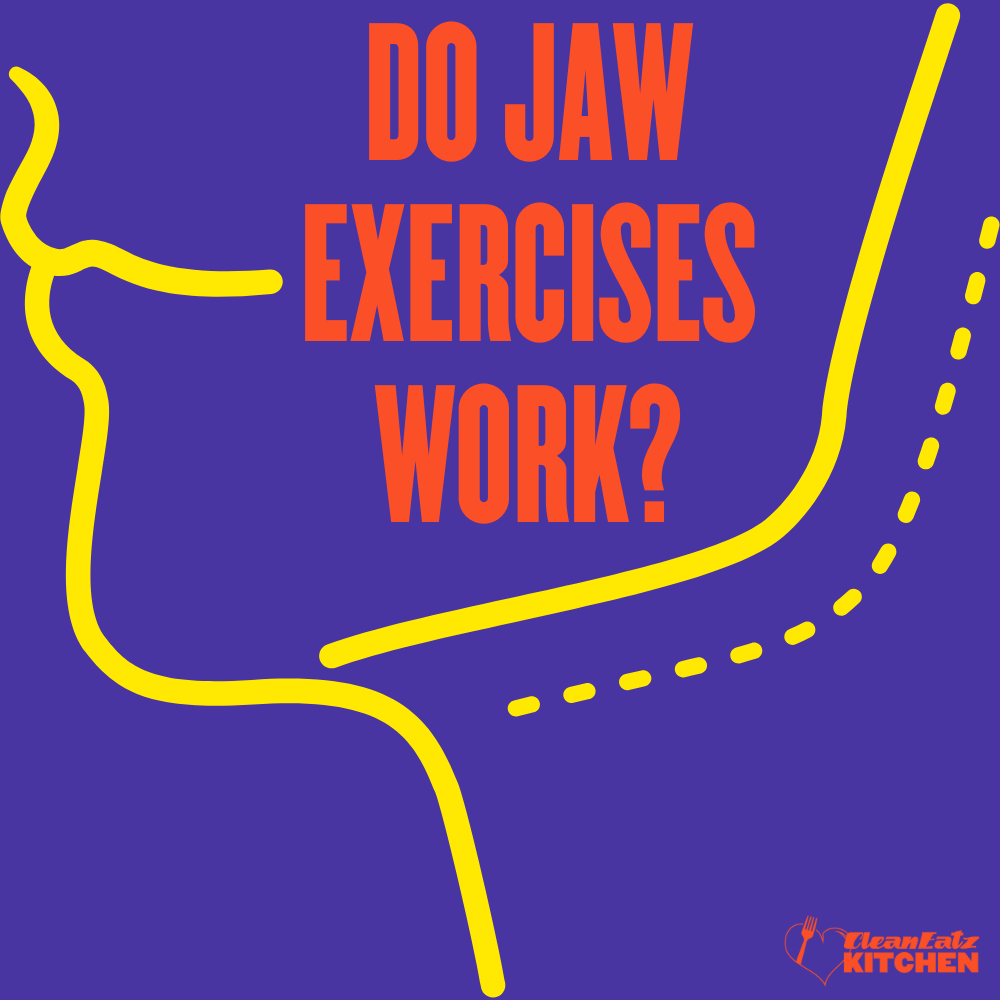
How Effective Is Wellbutrin For Weight Loss?
Jason Nista
Weight Loss
|
Healthy Lifestyle
5 minute read
Weight changes are often encountered as a common side effect of medication. If you are seeking to lose weight, you may wonder about the effectiveness of Wellbutrin for weight loss. In this article, we will explore the potential of Wellbutrin as a viable option for achieving weight loss goals.
- What is Wellbutrin?
- Does Wellbutrin Cause Weight Loss?
- How Does Wellbutrin Work?
- Can you take Wellbutrin for Weight Loss?
- Wellbutrin Safety
- How to Take Wellbutrin
What is Wellbutrin?
Wellbutrin, also known as bupropion, is a medication used to treat depression in adults. It is especially used to treat Seasonal Affective Depression (SAD) which affects some during the colder months.
While Wellbutrin is intended to treat depression, it is sometimes used to treat other conditions including Attention deficit hyperactivity disorder (ADHD), symptoms of Bipolar Disorder (BPD), anxiety, smoking, and obesity.
Does Wellbutrin Cause Weight Loss?
Yes, Wellbutrin causes weight loss in most people. Several studies have shown that taking Wellbutrin, even for other reasons, consistently can result in weight loss. One study found participants lost up to 10% while using Wellbutrin for weight loss in 48 weeks.
It is crucial to acknowledge that not everyone will experience weight loss with Wellbutrin. This is due to the fact that individuals are unique, and the way they respond to the medication can vary. Each person's journey towards their weight loss goals may differ, and it is important to consider individual differences when it comes to the effects of Wellbutrin on weight.
How Does Wellbutrin Work?
The exact mechanism through which Wellbutrin works against depression isn’t yet fully understood. Some scientists believe that the drug might cause changes in the brain’s noradrenaline and dopamine pathways, however, this hasn’t been confirmed.
To cause weight loss, one study found that Wellbutrin may influence the reward centers in the brain causing you to reduce your calorie intake. However, the weight loss effect isn’t seen in other similar antidepressants that affect the body the same way.
Can You Take Wellbutrin for Weight Loss?
Yes, you can take Wellbutrin for weight loss. However, not everyone qualifies as a candidate for Wellbutrin. Before recommending Wellbutrin for weight loss, your doctor should try to identify what’s causing you to gain weight.
If you have underlying problems such as hypothyroidism (an underactive thyroid) or menopause, Wellbutrin may not be the best option for you. This is not because Wellbutrin doesn’t work but rather because its work will be undone by whatever is causing you to gain unwanted weight.
While implementing a weight loss meal plan can be a helpful strategy in achieving your weight loss goals, it is imperative to consult with a healthcare professional before considering Wellbutrin or any medication for weight loss. Healthcare professionals possess the expertise to provide personalized guidance tailored to your specific needs and circumstances.
Those most likely to benefit from Wellbutrin as a weight loss aid include:
-
Patients with eating disorders
-
Those whose overeating is triggered by depression or anxiety
-
Emotional eaters
-
Those with severe food cravings
As you may have noticed most of these issues are psychological which explains why an antidepressant might work to remedy them.
Wellbutrin Safety
Wellbutrin is generally well-tolerated. However, about 10% of patients experience side effects such as:
-
Headaches
-
Dizziness
-
Nausea and vomiting
-
Dry mouth
-
Constipation
In more rare cases, more severe side effects might affect those taking Wellbutrin. These include:
-
Tachycardia
-
Arrhythmia
-
Glaucoma
-
Suicidal thoughts
How to Take Wellbutrin
The recommended dosage for Wellbutrin is about 100-300 mg per day. In combination with Naltrexone, you may lower the dose to about 4.5-13.5 mg per day.
Your doctor should be able to determine how much Wellbutrin is suitable for you depending on factors like your weight, medical history, and health status.
Final Thoughts
Wellbutrin has shown potential as a viable option for weight loss, although its effectiveness varies from person to person. While it can cause weight loss in many individuals, it may not have the same effect on everyone. Wellbutrin primarily works as an antidepressant, but it has been observed to result in weight loss in some cases. However, it is crucial to consult with a healthcare professional before considering Wellbutrin for weight loss. They can assess your individual needs, evaluate potential risks, and provide personalized guidance for achieving your weight loss goals.
FAQs
What is the average weight loss on Wellbutrin?
The average weight loss on Wellbutrin can vary significantly from person to person. Some studies have reported weight loss of up to 10% of body weight over a 48-week period. However, it's important to note that individual results may differ, and not everyone will experience weight loss with Wellbutrin. Consulting with a healthcare professional is crucial to determine the potential effects and suitability of Wellbutrin for your specific weight loss goals.
How fast is weight loss on Wellbutrin?
Weight loss on Wellbutrin is generally slow. One study found that the highest weight loss among participants was 10% after nearly a year on Wellbutrin. However, you can speed up your weight loss process on Wellbutrin by eating a healthy balanced weight loss diet and exercising.
Is Wellbutrin an appetite suppressant?
It is not certain as to how Wellbutrin works to cause weight loss. However, appetite suppression is one of the mechanisms scientists believe to be Wellbutrin’s mode of action.
There have been reports of patients who saw an increase in appetite after starting Wellbutrin therapy. If you notice an increase in food cravings after starting on the drug, stop if your sole reason for taking it is weight loss.
What is the downside of Wellbutrin?
Some of the side effects of Wellbutrin include cardiac arrhythmia, agitation, insomnia, rash, headache, nausea/vomiting, constipation, dizziness, excessive sweating, dry mouth, tachycardia, blurred vision, confusion, hostility.
Related Articles
Tips for Successfully Losing Weight in the New Year
7 minute read
How Long Does It Take To Notice Weight Loss?
9 minute read
Do Jaw Exercises Work?
7 minute read



